Please forgive if this question is too basic. I am neither familiar with the idea of parallelization nor used a HPC system before.
I am training a deep learning model which takes really long on my PC. It takes approximately 2 days on my i5 with 12 GB RAM.
So I decided to use HPC but in one of the tutorials I watched, it says that if I do not write my code properly HPC will not be any faster than a regular PC. What is it really meant? Should I adjust my original code so that I can benefit HPC?
Secondly, can we say that using 30 cores should be 5 times faster than using 6 cores? Is speed and number of cores proportionate?
